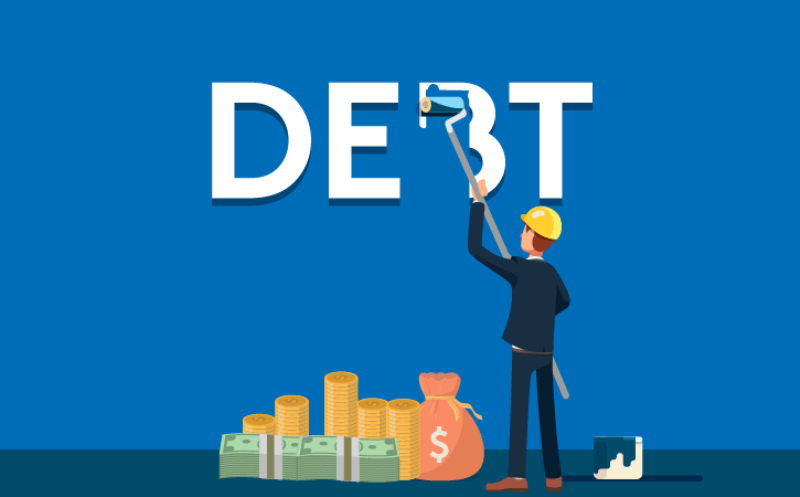A budget is a plan made for the proper allocation of money. We spend money for different purposes. Making a budget means ranking these purposes in terms of their priorities and deciding how much money should go to meet which purpose. In short, a budget is for spending money strategically.
Here’s a detailed discussion to help you understand the importance of budget.
Never short on cash
The very first benefit of creating a budget is that you never run out of money. That’s right; strategic spending ensures that your wallet is never empty and there’s always money in it. It’s actually quite easy to understand why. Budgeting allows you to list all your spending. No spending, therefore, is uncalled for and unanticipated. As you know your spending beforehand, you remain prepared for them and therefore always have money to spend.
Budgeting for enterprises
Not just individuals, businesses of all sizes and scales create monthly budgets. In fact, they take budgeting so seriously that they hire people to handle the responsibilities related to it. Creating and maintaining a budget gives an enterprise actual insights into the cash flow.
Budgeting for enterprises is entirely different from how ordinary people that are wage earners view budgeting and create budgets. To provide a comparative analysis, normal people have priorities like groceries, electric bills, insurance premiums, mortgage premiums, etc whereas for an enterprise the key priorities include meeting the sales target, managing the inventory, make new investment plans, etc. As the priorities are clearly different, so are the budgets.
Debt reduction
As the discussion above points out, the reduction of debt is a key benefit of budgeting. But you see people complaining that even after doing everything advised by experts, they are still unable to pay off their debt. Why does that happen? If budgeting helps reduce debt, why do people who create monthly budgets based on advice from financial experts find themselves unable to repay their debt?
Let me tell you the reason. It’s because they lack patience. Proper budgeting techniques like the ones described above can gradually reduce debt, but that’d take some time. One should be patient and stick to following the technique. He shouldn’t drop it after following it for only a couple of months because there’s no visible result.
Finance knowledge
An obvious benefit of budgeting that is often ignored is gaining knowledge in finance. When you make a budget and maintain it month after month, you become efficient in handling your finances. Budgeting helps you learn some valuable lessons in life. The 50/30/20 rule, for example, requires the budget planner to spend 50% of their monthly income to meet the essential needs. Strictly following this rule means not caving into impulses. The snowball budgeting method can help someone recover from debt. After that, the budget planner becomes apathetic to spending lavishly and starts taking good care of their money.
More saving
Some budgeting methods are exclusively for saving. Some of these methods are used only to funnel money into the emergency savings fund. In general, budgeting, when done correctly, gives you a leg up in savings. We waste a lot of money every month without realizing it. Budgeting functions like a stopcock and regulates the outflow of money. The result is increased savings. Whatever budgeting method you follow, follow it seriously and you’d be amazed to see just how much money you can save at the end of a calendar month.
Budgeting techniques
As we are breaking down budgeting to ordinary people, this article will discuss the purpose of budgeting from the point of view of a monthly wage earner. They need to understand that there are multiple budgeting techniques out there; they can choose the one that suits them and stick to it.
Incremental budgeting is one such technique. It’s a simple budgeting method. In this method, last years’ earning and spending figures are taken, and either a percentage is added to them or deducted from them in order to reach the current years’ budget. This method might be simple but its drawback is that it is a comprehensive method and not applicable to monthly budgets.
The 50/30/20 rule is a more pragmatic technique. We have already discussed it at length. Many people have followed this technique and benefited from it. The snowball budgeting system is for those who have an unpaid debt. This budgeting technique requires you to do some calculations. First, you need to calculate the total amount you owe. Then decide how much of your monthly income you’d spend to reduce the debt. Handle the smallest debt first, then go for the large ones.
You can customize these techniques and use a combo of them. Do everything that is sensible and help your finances stay afloat.
Summing up
So there you are. The benefits one reaps by following budgeting techniques make life easier for them. And that is the real purpose of saving: a worry-free and smooth financial life.





























